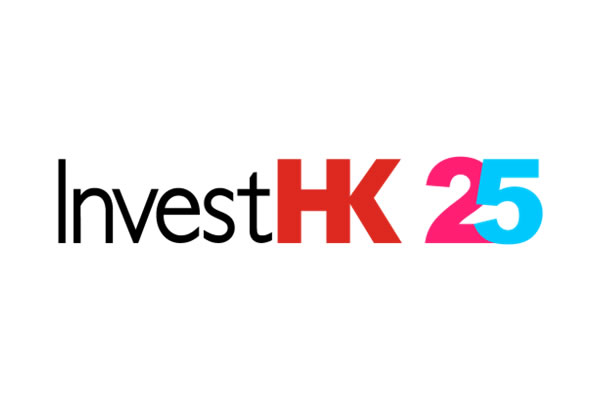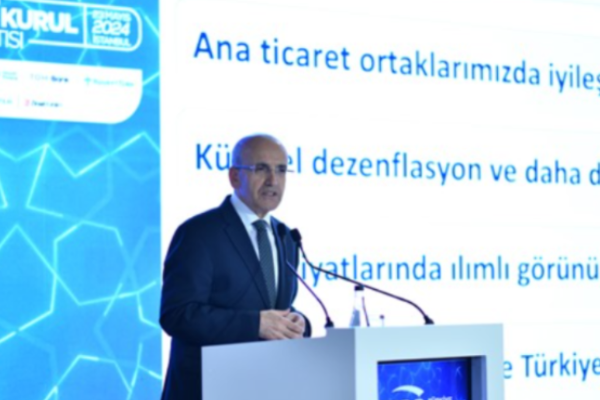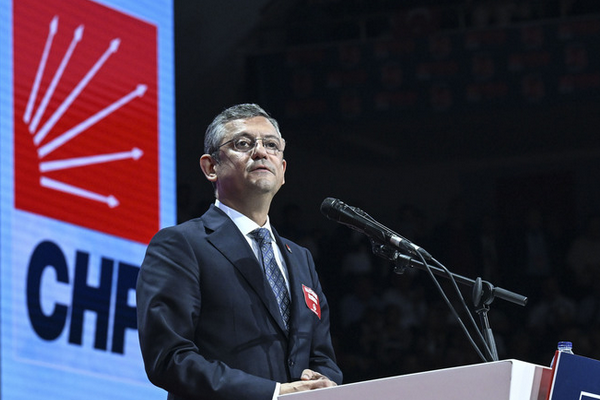
Ayar-3 operasyonlarında 13 şüpheli yakalandı
İçişleri Bakanı Yerlikaya, Adana merkezli 4 ilde "Piyasaya sahte altın sürmeye çalışan" şahıslara yönelik düzenlenen “Ayar-3” operasyonlarında bir sahte altın atölyesinde yaklaşık değeri 50 milyon TL olan; 3 bin 646 adet çeyrek altın, 811 adet yarım altın, bin 614 adet tam altın ve 57 adet reşat altın ele geçirildiğini duyurdu.
Operasyonlarda "Paraya Eşit Sayılan Değerlerde Sahtecilik" suçunu işlediği tespit edilen 13 şüphelinin yakalandığını açıklayan Bakan Yerlikaya, "Kaçakçıların ve sahteciliğe bulaşanların enselerindeyiz. Milletimizin destek ve dualarıyla onlara da göz açtırmayacağız." dedi.
Yerlikaya, Adana Cumhuriyet Başsavcılığı koordinesinde; Adana İl Emniyet Müdürlüğü KOM Şube Müdürlüğünce Adana merkezli Mersin, Yozgat ve Kahramanmaraş’ta yapılan “AYAR-3” operasyonları sonucunda 14 adet tam altın kalıbı, 13 adet yarım altın kalıbı, 10 adet çeyrek altın kalıbı, 10 adet altın kalıplarına ait halka, 4 adet basıma hazır pul altın ve siparişlere ait evraklara el konulduğunu belirtti.
Hibya Haber Ajansı









